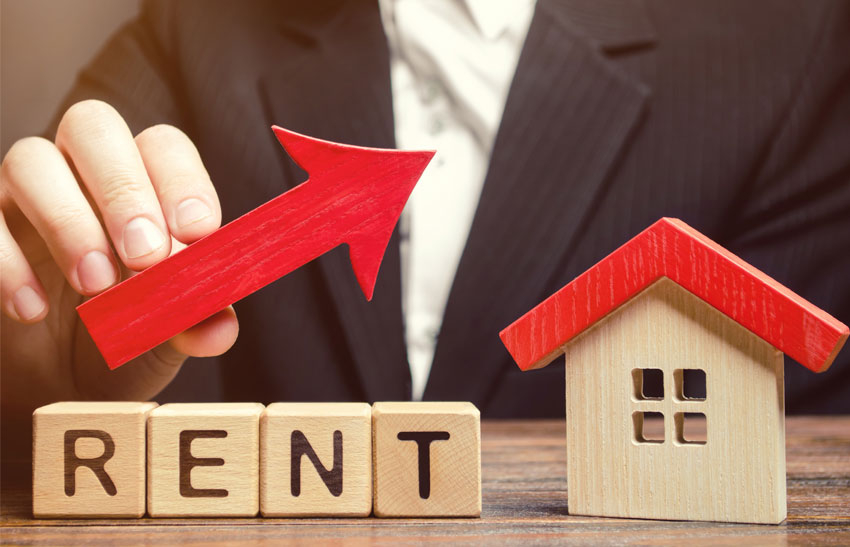Interest Rates Could Raise Rental Rates
2022-10-10

Inflation is skyrocketing across most of the world, and now banks are taking action.
It’s an age-old story that the US Reserve Bank tends to dictate the trajectory of interest rates around the world, and it’s no different in Australia. We have been watching from afar as interest rates in the US continue to jump, and now we are starting to feel it at home.
Australia's central bank implemented its own rate hikes in a swift attempt to quash inflation. Ultimately, these hikes are getting passed on to consumers, with Westpac being the first bank to implement the highest rate jump in 22 years. At the beginning of June, RBA surprised many by lifting its crash rate target 50 points to 0.85%.
But the question for consumers is how will this impact their pocketbooks? While there has been an increase in fixed-rate mortgages in recent years, most Australian property owners, both homeowners and investors, are sitting with variable-rate mortgages. As the banks implement rate rises, monthly payments will go up. Think of it this way, with the most recent rate hike, a $500,000 mortgage's monthly payments could easily go up by $200. And there are more rate rises to come.
We are about to enter a new era of property financing, and it's not just real estate owners and buyers who will feel the effects. As mortgage payments go up, renters should also expect to see the rent cost increase. Ultimately, many landlords will need to pass on some of the increased costs to their tenants. Most economists agree that renters should anticipate higher rental rates as the Reserve Bank continues to raise interest rates.
In a market where housing affordability is already strained, these rate hikes will place an additional burden on Australia's renters.
How much more should renters prepare to start paying?
Unfortunately, the answer to this question isn't simple or easy. Rental rates will highly depend on local market demand and lease structures. However, the rental market is tight, and with many landlords being subject to mortgages, it should be expected for them to pass on their rising costs.
First-time homebuyers may suffer.
Many renters have started considering entering the housing market but are faced with additional challenges. Rising interest rates make it increasingly difficult to qualify for a mortgage to purchase a house. In addition, banks have strict income and debt ratio requirements that create barriers for many first-time homebuyers.
Therefore, we come across yet another factor driven by interest rate rises that will impact rental rates. As interest rates rise, it will become increasingly difficult for first-time home buyers to enter the market, and they will be forced to continue renting. Therefore, there will be added pressure on the rental market as fewer renters will have the capacity to make the shift to home ownership.
Rising interest rates are expected to ripple through the Australian housing market. But will it cause a market downturn? Unlikely. While rising rental rates may not be good for tenant budgets, it could result in an increase in rental yields and buying opportunities for investors.
